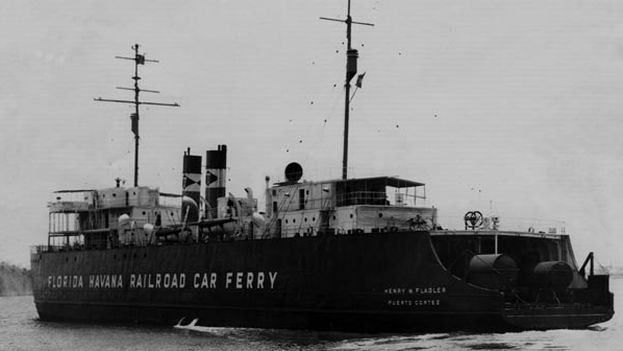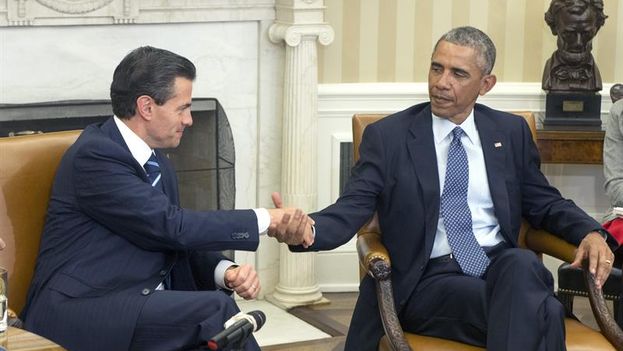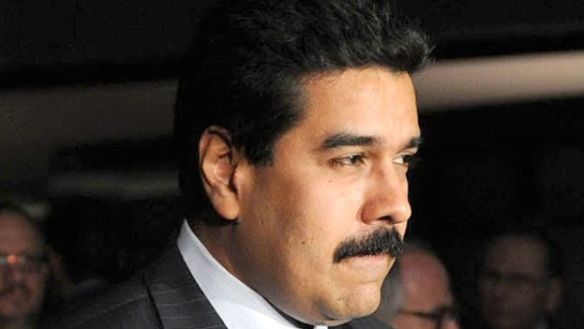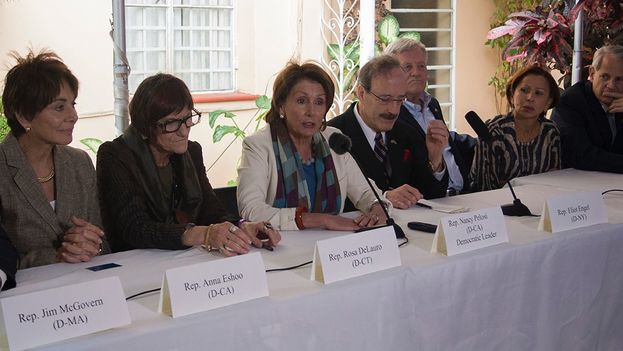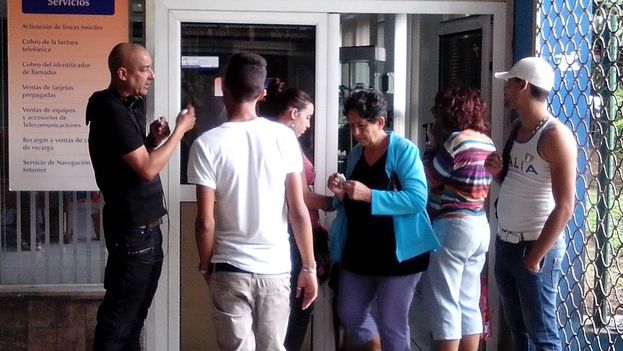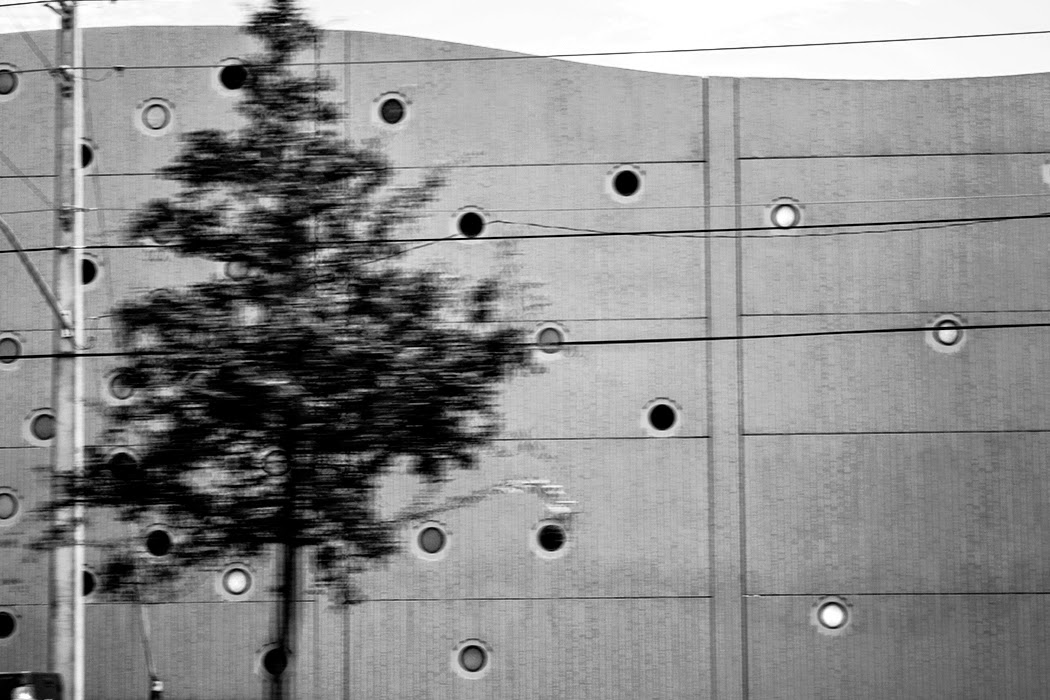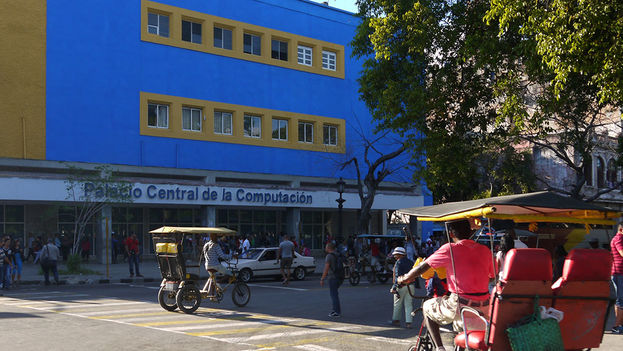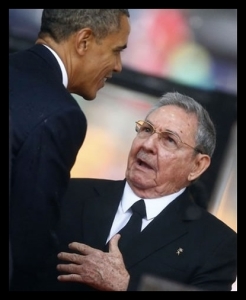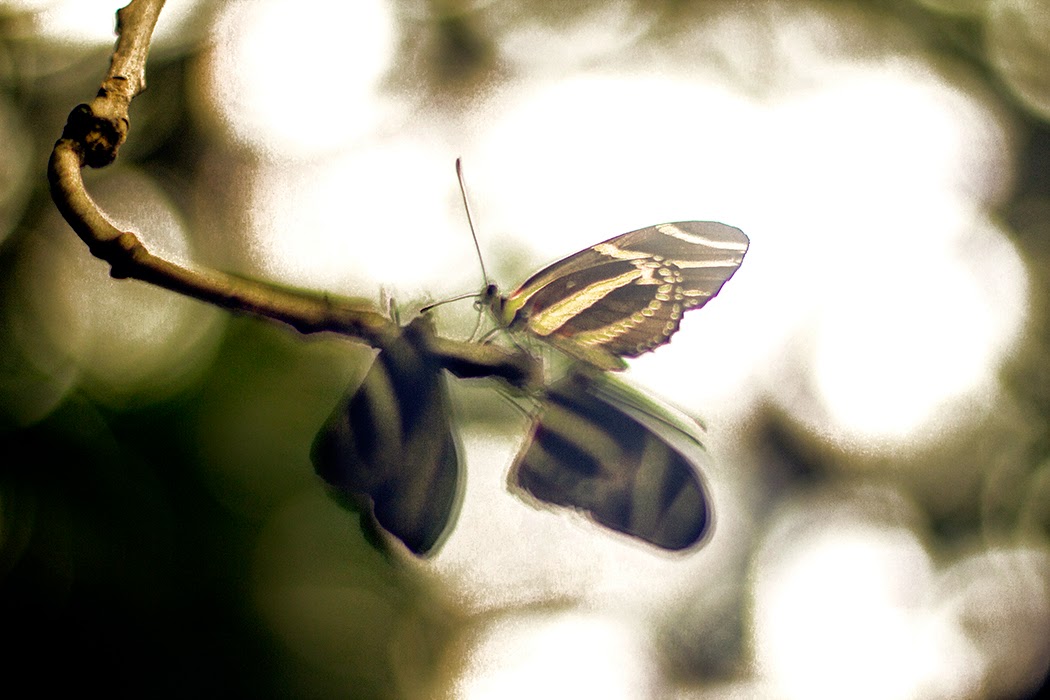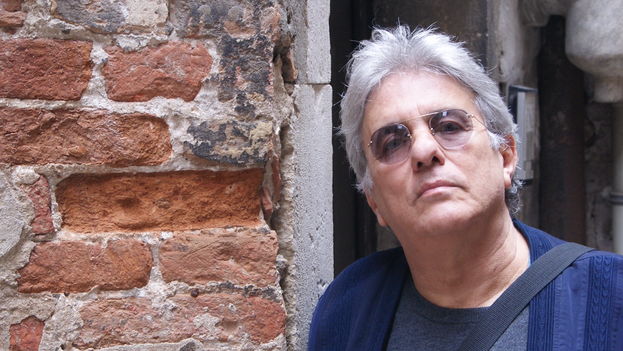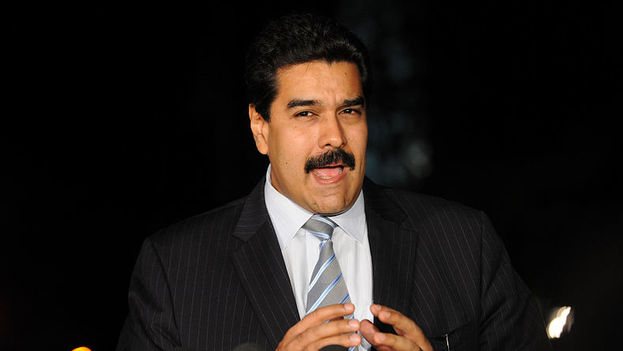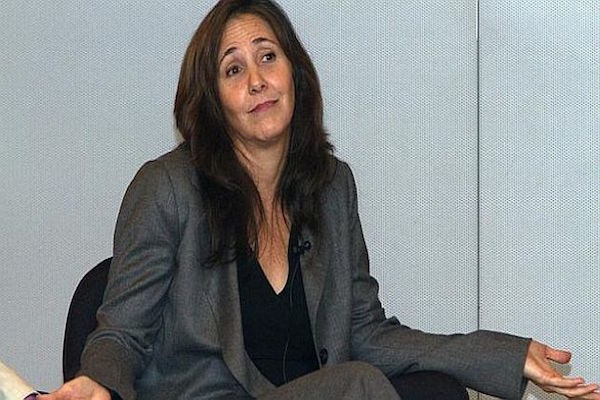
Cubanet, Tania Díaz Castro, Havana, February 19, 2015 — Homosexuality has been around longer than humans have been walking upright. But Fidel Casto — working through State Security, an organization he founded and of which he has always been in charge — has done everything possible to banish it from Cuban soil. He once looked upon it as a cancer capable of eating away his dictatorship.
In an August 2010 interview with the journalist Carmen Lira for the Mexican newspaper La Jornada, the Cuban leader for the first time confessed feeling guilty for the emergence of homophobia in Cuba, an attitude that is still prevalent in the country’s top leadership.
In the interview he acknowledged that “there were moments of great injustice” and noted that he personally had no such prejudices. On this particular occasion the Comandante was not lying. Several of his friends in positions of power were widely known to be homosexuals, including Alfredo Guevara and continue reading
The thousands who were identified by State Security suffered imprisonment, harsh treatment and were forced to do hard labor in the notorious Military Units to Aid Production (UMAP).
Half a century has passed. The Castro dictatorship is still in power. The same problems still exist, only to a lesser degree. It is perhaps for this reason that the current president’s daughter, Mariela Castro, spends her free time on a campaign of sorts against homophobia and discrimination in general.
It seems that she may have been inadvertently criticizing her uncle, Fidel Castro, when in an interview with the ANSA news agency she said, “There is no doubt that in their creation in 1965 and in their operations, the UMAPs were arbitrary.” Arbitrary is another term for unjust, despotic, abusive and tyrannical.
Mariela’s current silence is curious given what recently happened on the TV soap opera La Otra Esquina (The Other Corner), which can be seen on Cuban television’s Channel 6.
As is now public knowledge, this soap opera — written by Yamila Suarez — was apparently forced to conceal a storyline concerning the characters Oscar and Esteban, a gay couple played by two wonderful veteran actors.
Changes involving episodes being edited and brief blackouts occurring during the broadcast strongly suggest that, since the show could not be cancelled — its schedule had already been announced and there was no available replacement — it was censored on orders from the Central Committee of the Cuban Communist Party.
So what has the defender of gay rights done in response in the months since?
Nothing.
She has not said if she participated in the heated discussions at the Cuban Institute of Radio and Television (ICRT) in an attempt to fend off eliminating the love story between the elderly Oscar and Esteban in favor of more filial relationships that had nothing to do with the plotline
In last week’s episode a photo of the two lovers could be seen on a table. They were standing with their heads pressed together, a classic and tender expression of love. The censors forgot to remove from the set this and other props that revealed what was going on.
On February 9 the independent journalist Frank Correa denounced the action in an editorial published on CubaNet, thus bringing to public attention the difficulties La Otra Esquina had to go through to get on the air.
In this production Mariela exited stage left.
She was not looking to create more problems with her little old uncle.
The way the show has been changed is evidence that in Cuba homophobia is still with us.
20 February 2015



